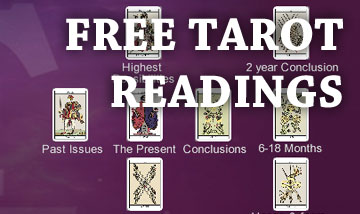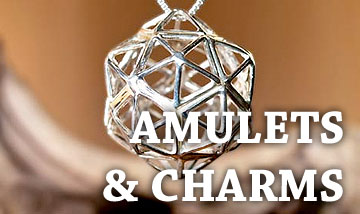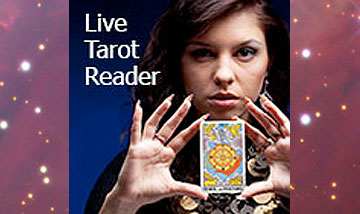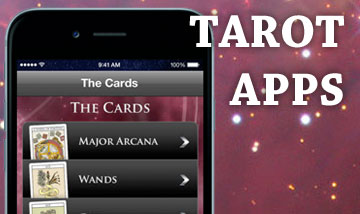Halloween: how did it all start?
Love it or hate it, Halloween creeps up on us every autumn, and the streets fill with children in garish costumes, parties take on a sinister theme and we celebrate all things…dark. Nobody marks the spookiest of seasons quite like the Americans, and as the years go Halloween it's become bigger and bigger in England too - but where did it all start? Why do we celebrate death and spooks every year? Well, the Americans may have made Halloween what it is today, but it started as a Celtic festival in ancient times.
An ancient festival
If you want to know how it all started you need to go all the way back to an ancient Gaelic festival called Samhain (this is pronounced 'sah-win') which traditionally marked the close of the harvest to the Celts who called Ireland home more than 2000 years ago. They marked the start of a new year on 1st November, as this signified a cold, dark period that became closely associated with death.
The ancient pagans saw Samhain as an opportunity to get ready for the oncoming winter and ensure that supplies were aplenty, and they believed that on the 31st October the worlds of the living and the dead would cross over. The night was a worrying one for the people, and tThe ancient pagans feared that the dead would return to our world for the night, creating trouble and causing damage to crops.
Fires, masks and sacrifice
They also believed that it was easier for priests to predict the future on this night, and as the Celts depended on kind weather in every part of their lives the prophecies were of huge importance to them. People gathered and built enormous, looming bonfires and they burnt cops and sacrificed animals on them as offerings to their deities. They would dress up in animal skins and heads for the festivities and try to read each other's fortunes, and the fire would be reused for the start of the winter when its flames died down.
The Romans arrive
The Celts can't take all the credit for Halloween as we know it though, as the Romans conquered what we now call Ireland by 43 A.D, and they had their own ideas to add to the mix. The Romans ended up ruling the Celtic lands for four centuries, and this period saw their own ideas begin to influence the festival until it became something slightly different. To the Romans, the passing of the dead was celebrated as part of a festival called 'Feralia' in late October, and they honoured their goddess of trees and fruit (Pomona) around the same time each year too.
Pomona was symbolised by an apple, and it's likely that this is the reason apple bobbing has long been part of the Halloween customs we all know and love. In time, the church tried to replace Samhain with 'All Souls Day', and the evening of 31st October became known as 'All Hallows Eve'. All Souls Day was a day to reflect on those who had passed, and Halloween celebrations began to include parades, dancing and dressing up.
Halloween arrives in America
Halloween may be huge in America these days, but it took awhile to catch on. Strict protestant belief systems were challenged by the celebrations and customs, and it wasn't until immigrants started arriving from Ireland during the potato famine in 1846 that the festival started to catch on. The press soon urged families to mark Halloween without the gruesome aspects, making it into more of a community celebration, which is why many of its original superstitions were replaced with newer customs such as trick-or-treating. We all have our own ways of enjoying Halloween, but the festival has evolved over thousands of years, taking on a slightly different look in each country and century. The mischief may be unpopular and those of us who aren't so keen on fancy dress may secretly dread the festival's arrival, but stop and think about just how far those early pagan beliefs have taken Halloween, and spare them a thought when you pass a candle flickering in a pumpkin.
 DISCOVER TAROT ON iPHONE, iPAD AND ANDROID.
DISCOVER TAROT ON iPHONE, iPAD AND ANDROID.
Learn Tarot Card Meanings, what they mean when combined in a reading, test your knowledge in the Tarot Quiz and reveal what the future may hold with the Tarot Reading App.





